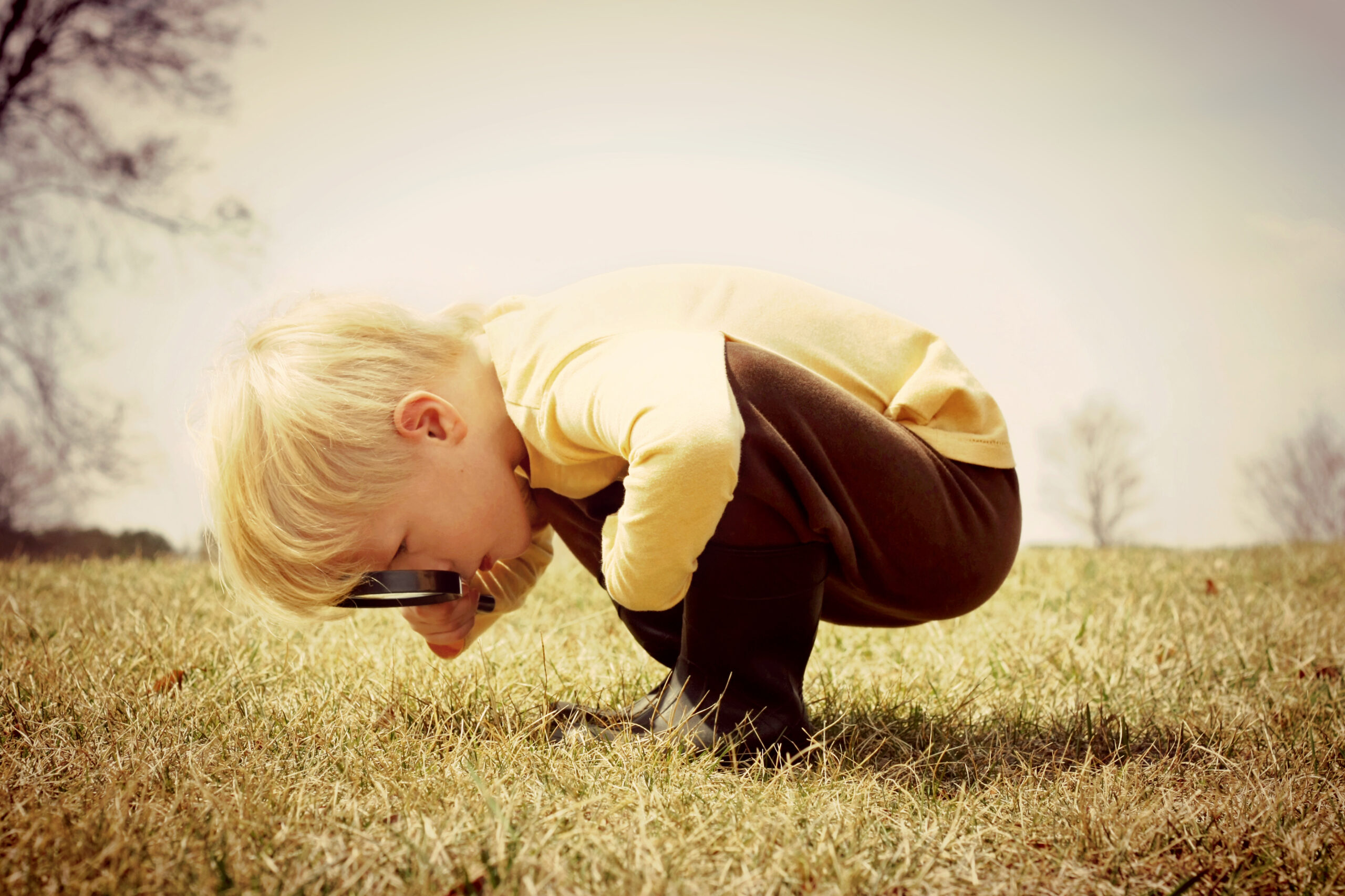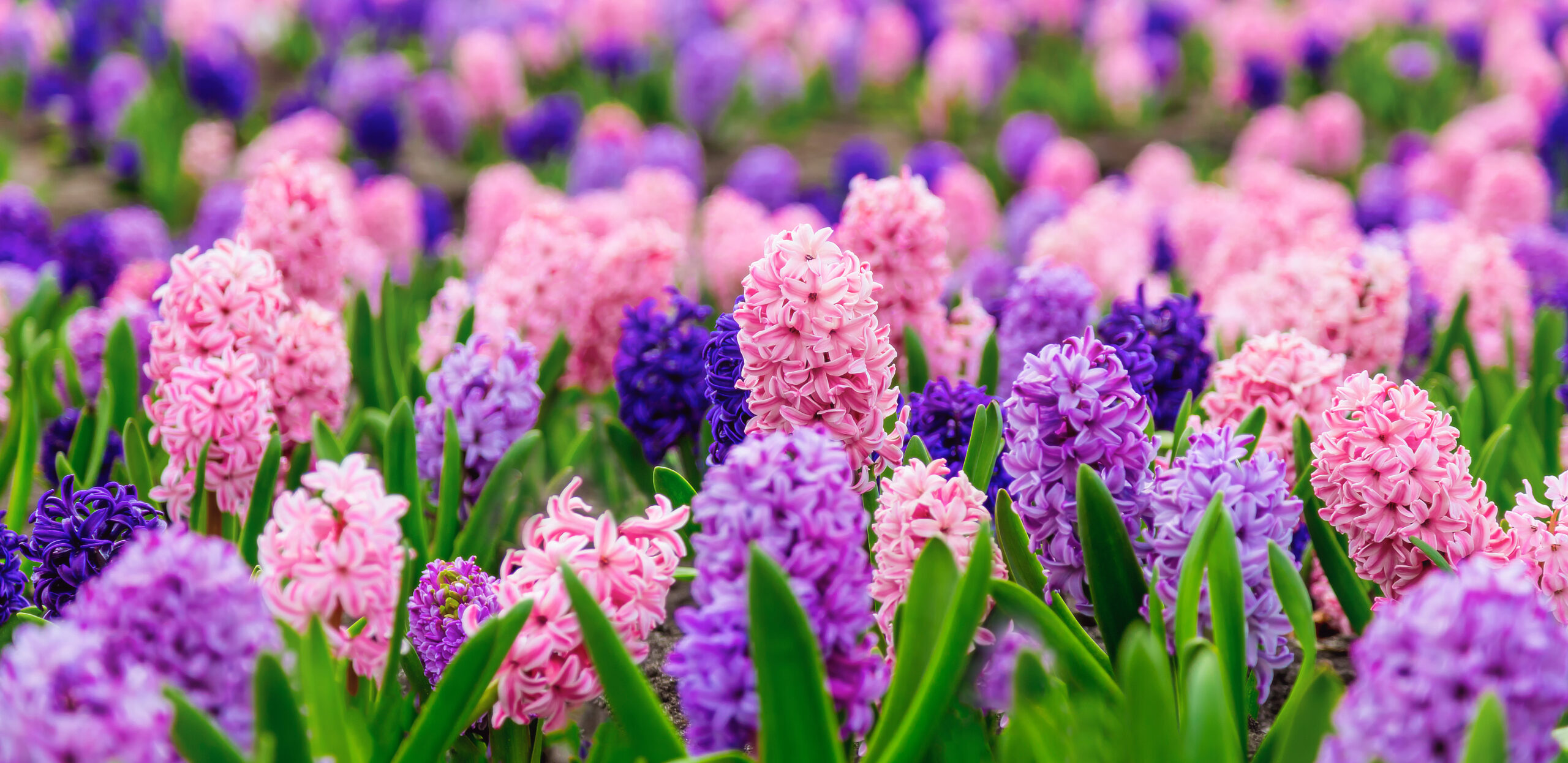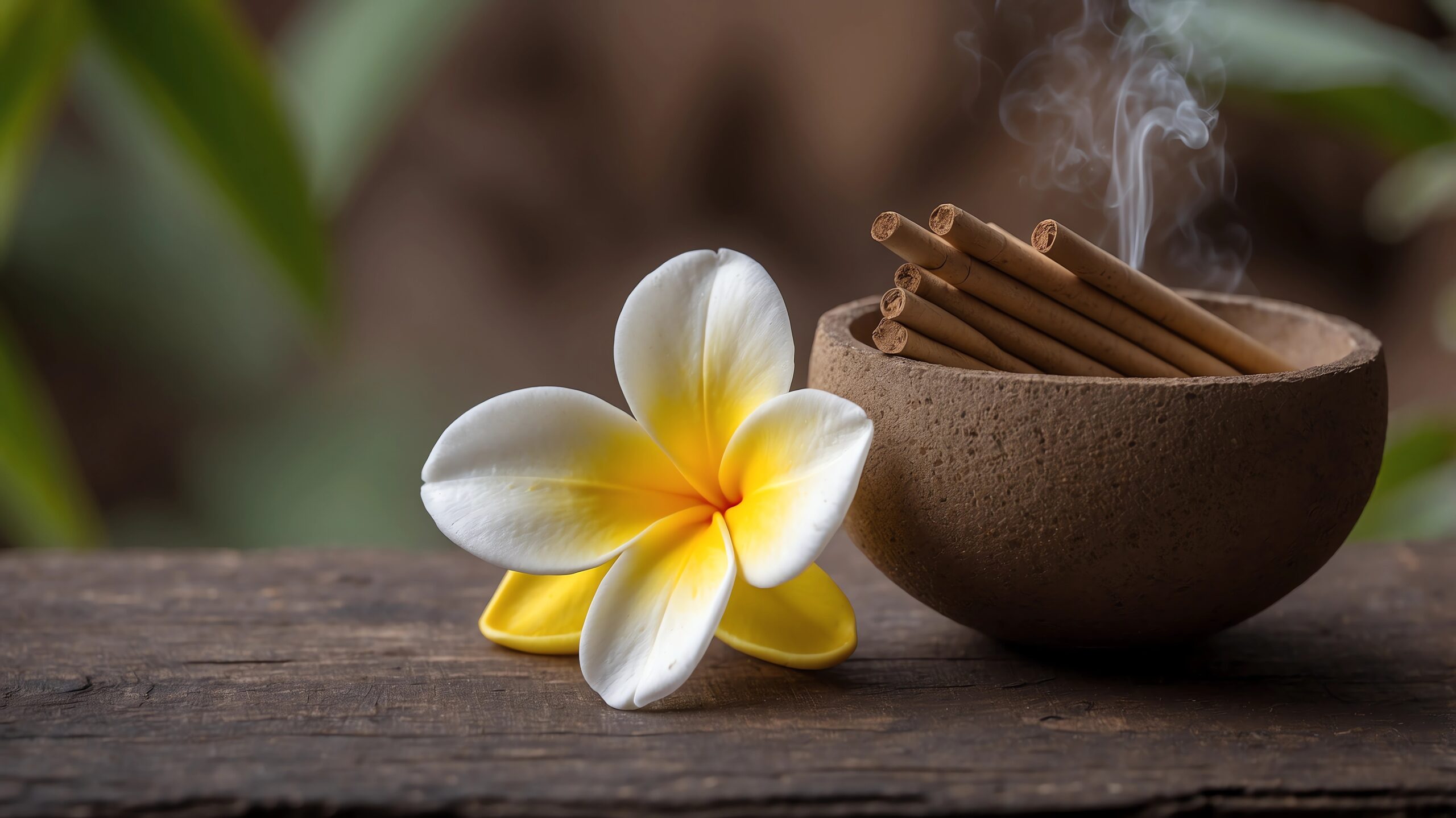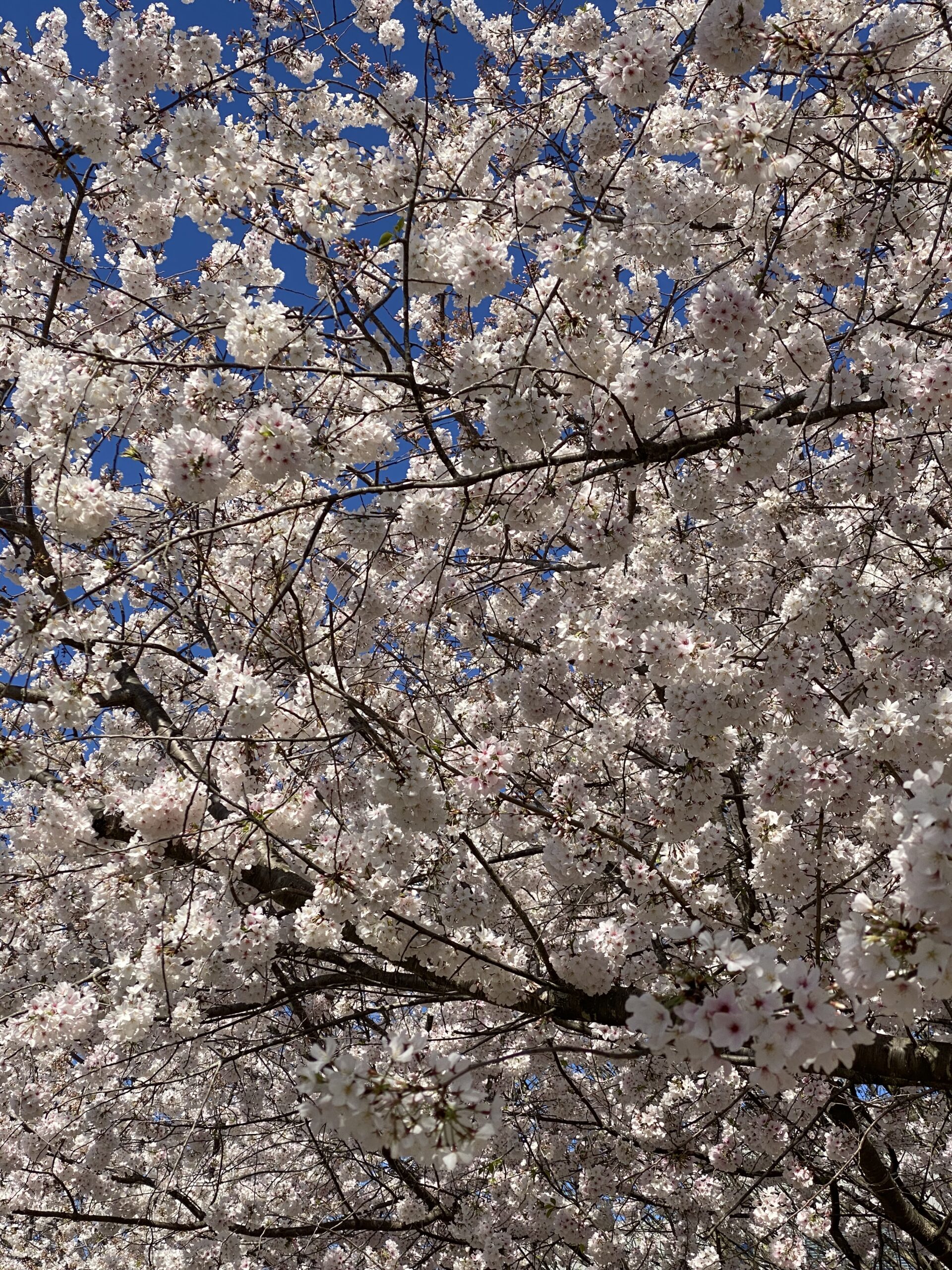Katie Steedly’s first-person piece [The Unspeakable Gift] is a riveting retelling of her participation in a National Institutes of Health study that aided her quest to come to grips with her life of living with a rare genetic disorder. Her writing is superb.
In recognition of receiving the Dateline Award for the Washingtonian Magazine essay, The Unspeakable Gift.
Enter your email here to receive Weekly Wide-Awake
Weekly Wide-Awake: The Butterfly Effect

It used to be thought that the events that changed the world were things like big bombs, maniac politicians, huge earthquakes, or vast population movements, but it has now been realized that this is a very old-fashioned view held by people totally out of touch with modern thought. The things that really change the world, according to Chaos theory, are the tiny things. A butterfly flaps its wings in the Amazonian jungle, and subsequently a storm ravages half of Europe.
― Neil Gaiman
I am fascinated by the butterfly effect. The other night, my husband and I talked about how we met. We talked about the series of decisions we had made along the journeys of our lives — lives that had no real, logical likelihood of intersecting — that led to our connection. Our conversation revealed that we made choices that drew us toward each other at several points without knowing it. A few small decisions made a huge difference. Though chaos theory is more about mathematical models that illustrate the enormous impacts of small actions, the individual implications are curious. Meeting my husband is not the only evidence of small choices changing my life. It is not my only evidence of basic facts becoming the essence of my experience. It is not my only evidence of the world changing — in the Chaos theory definition of change — because my world changed. That all makes sense to me when I think about particular decisions over and play the what-if game in my mind. That makes sense when I think of roads taken and not taken. That makes sense to me when I think of aha and before and after moments. The entire world changes when our world changes because we are deeply connected and interdependent.
February is Turner syndrome awareness month. Turner syndrome is the butterfly flapping its wings in the Amazon of my life. (Invoking butterflies in this discussion is perfect because the Turner syndrome community uses butterflies to symbolize people living with Turner syndrome.) Let me explain. I was diagnosed with Turner syndrome at the age of 15. At that time, I learned that only 2 percent of babies with Turner syndrome are born alive, and the average life expectancy was 37 years old. Shame and fear become cruel monsters that allow secrets to feed on the soul as we seek to be normal, healthy, and invincible. I did not talk about it with anyone other than my parents and my doctor until I was in my thirties. Once I started thinking about my diagnosis, I started writing about it. I have written about it as figure and ground. I have written about my experience participating in a study at the National Institutes of Health, The Unspeakable Gift. I have used it as a lens through which to understand art and poetry and music. In all of that, my diagnosis was my personal butterfly effect. In all of that, my world changed. In all of that, the world changed.
During the month when a light is shone on Turner syndrome, I am reminded of a few things. Good health is a miracle. Life itself is a miracle. Life is beautiful and hard. Our stories — our grief and our joy — connect us. As Ram Dass tells us, “We are all just walking each other home.” Maybe that is the point of awareness months of all types — to remind us we are all just walking each other home.
What I Learned This Week
Ordering My Steps
This month is also Black History Month. Black history is the world’s history. There is so much I don’t know. There is so much I can’t know. I can feel it. It can feel overwhelming at times. There is so much collective grief I share but have not shared. There is so much joy I experience and have not experienced. There is a tension between knowledge, awareness, empathy, compassion, anger, and peace. It feels important to use this month — and every other month — as a reminder to keep my eyes open and keep showing up — in full-on, gentle, fierce love — like a butterfly flapping its wings.
A New — To Me — Take on Positivity
During an afternoon walk this week, I listened to author Greg McKeown on the Tim Ferriss podcast. (I have posted a link to it below.) One of the ideas that stuck with me is McKeown’s connection between positivity and the natural world, our imaginations and creativity, and our personal histories and experiences. It makes sense to me that all that provides evidence for the substance of faith and hope — and positivity. Stay with me. The substance of faith and hope can be found in the seasons. The substance of faith and hope can be found in imagining the life and world we want and working to make it so. The substance of faith and hope can be found in drawing from our experiences — our mentors, teachers, guides, lessons, principles, ethics, beginnings, endings, wins, and losses. The substance of faith and hope emerges when we allow ourselves to learn, grieve, heal, and grow. Questioning my understanding of positivity while also believing wholeheartedly in the power of our thoughts to determine our reality makes sense to me, too.
My First Pitch
I learned a long time ago the value of celebrating small wins. This week I had two small wins. After consulting a writing coach, I sent two pitches Friday afternoon. As I explained last week, January was “pitch-a-palooza” in my writing course. As part of the course, I developed a list of organizations to pitch my writing services. The list is comprised of organizations I would be honored and thrilled to work with. February is about pitching. I pitched two organizations and heard immediately back from each. I now have made connections with my first two “cold pitches.” After months of hearing very little and expecting it might take a while to break through the silence, it was sweet music to receive feedback. It gives me hope that I am headed in the right direction.
Paying Attention
About Katie
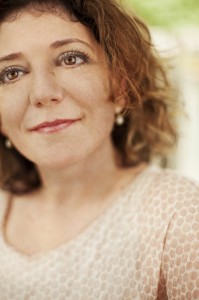
From Louisville. Live in Atlanta. Curious by nature. Researcher by education. Writer by practice. Grateful heart by desire.
Buy the Book!
The Stage Is On Fire, a memoir about hope and change, reasons for voyaging, and dreams burning down can be purchased on Amazon.

